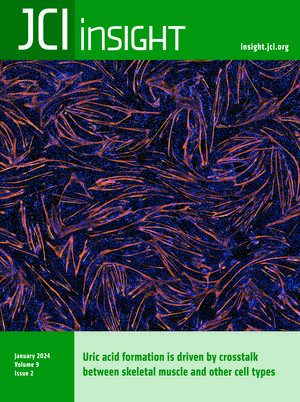Identification and validation of a T cell receptor targeting KRAS G12V in HLA-A*11:01 pancreatic cancer patients.
Abstract
T cells targeting a KRAS mutation can induce durable tumor regression in some patients with metastatic epithelial cancer. It is unknown whether T cells targeting mutant KRAS that are capable of killing tumor cells can be identified from peripheral blood of patients with pancreatic cancer. We developed an in vitro stimulation approach and identified HLA-A*11:01-restricted KRAS G12V-reactive CD8+ T cells and HLA-DRB1*15:01-restricted KRAS G12V-reactive CD4+ T cells from peripheral blood of 2 out of 6 HLA-A*11:01-positive patients with pancreatic cancer whose tumors expressed KRAS G12V. The HLA-A*11:01-restricted KRAS G12V-reactive T cell receptor (TCR) was isolated and validated to specifically recognize the KRAS G12V8-16 neoepitope. While T cells engineered to express this TCR specifically recognized all 5 tested human HLA-A*11:01+ and KRAS G12V+ pancreatic cancer organoids, the recognition was often modest, and tumor cell killing was observed in only 2 out of 5 organoids. IFN-γ priming of the organoids enhanced the recognition and killing by the TCR-engineered T cells. The TCR-engineered T cells could significantly slow the growth of an established organoid-derived xenograft in immunodeficient mice. Our data suggest that this TCR has potential for use in TCR-gene therapy, but additional strategies that enhance tumor recognition by the TCR-engineered T cells likely will be required to increase clinical activity.

 求助内容:
求助内容: 应助结果提醒方式:
应助结果提醒方式:


